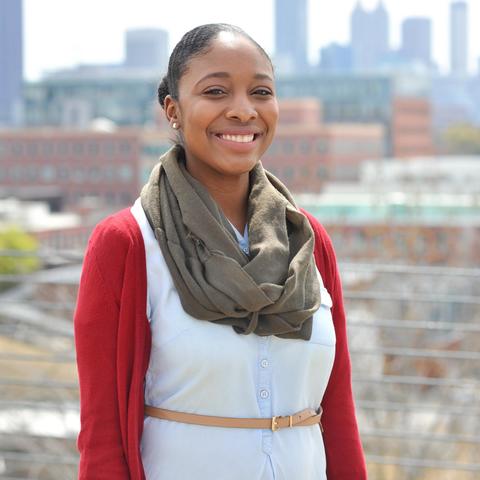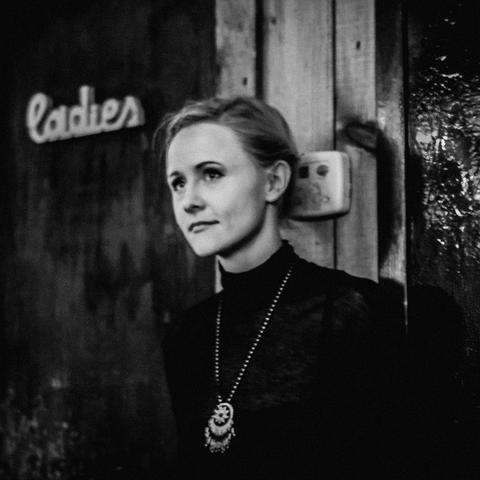Section Branding
Header Content
"On Second Thought" For Thursday, April 4, 2019
Primary Content
By 2050, the world's population is expected to reach 9.8 billion people. According to a report by the United Nations, nearly 70% of them are projected to live in urban areas. If current patterns hold, those who flock to the megacities of the future will face issues with affordable housing and increased hours in traffic. The impact on low-income pepole and the environment will be especially acute.
National Geographic's special edition issue on the future of cities explores how planners, innovators and policymakers will cope with the influx. Rob Kunzig, the magazine's senior environment editor, visited cities across the world, including Atlanta and Duluth. He wrote about his findings in a feature called "Rethinking Cities." Kunzig joined On Second Thought from NPR in Washington with more on the future of urban life.
"On Second Thought" for Thursday, April 4, 2019
You may have heard of Ruby Bridges or the "Little Rock Nine" walking through a gauntlet of jeering protestors as they made their way to school. Just a few states over in Georgia, Dr. Michael McBay was among less-photographed pioneers.
In 1967, McBay along with six other students were among the first African-American students to attend the Westminster Schools, an elite private school in Buckhead. McBay's younger brother, Ron, later enrolled at Westminster Schools in 1968. Shortly after, Vic Bolton enrolled in the instituiton.
The McBay brothers and Bolton are also subjects of a new book called Transforming The Elite: Black Students and the Desegregation of Private Schools. Dr. Michelle Purdy is author of the book and assistant professor of education at Washington University. She and the alumni spoke with On Second Thought host Virginia Prescott about their experiences in private schools and what led private schools like Westminster to desegregate.
Get in touch with us.
Twitter: @OSTTalk
Facebook: OnSecondThought
Email: OnSecondThought@gpb.org
Phone: 404-500-9457




